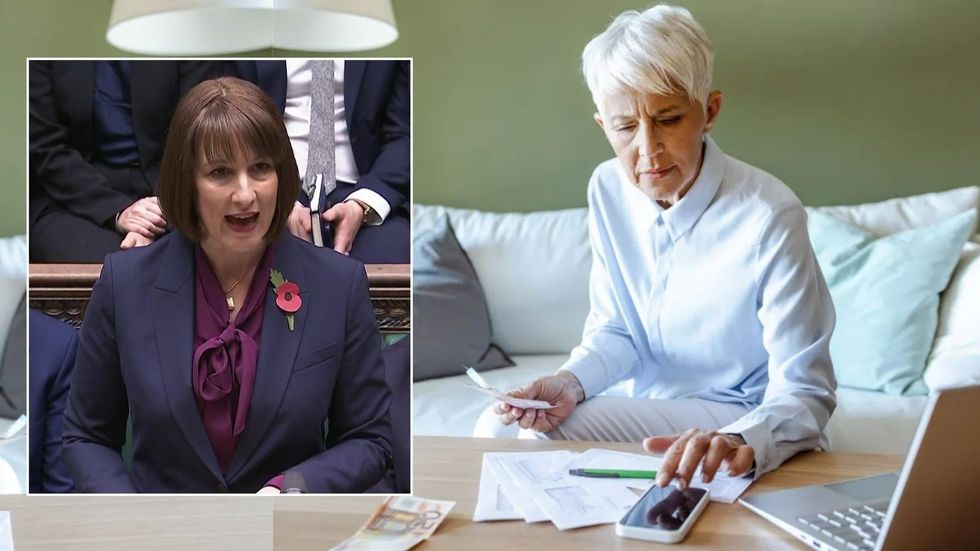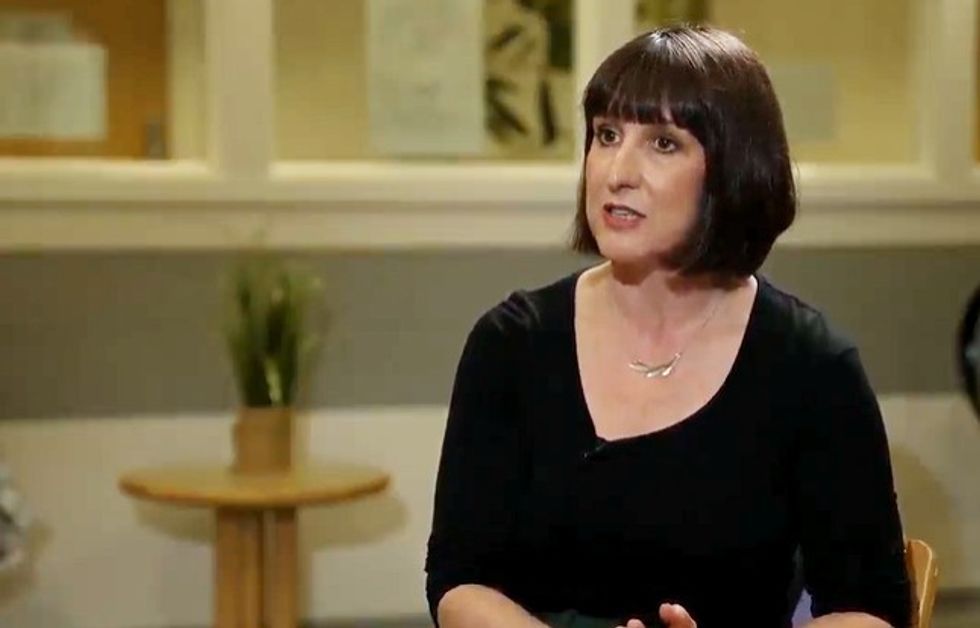Pension savings could be 'reduced' under Labour proposal to raise wages

A rumoured pension policy change could award civil servants with a significant wage boost but retirement savings may be at risk
Don't Miss
Most Read
Public sector workers could receive higher salaries in exchange for reduced pensions under plans being considered to avoid future strikes and ease staffing problems.
Teachers, nurses and civil servants might be offered thousands of pounds more in their current pay packets whilst accepting lower retirement benefits.
The proposal aims to help staff with immediate financial needs, such as buying homes or starting families, without increasing overall costs to taxpayers. The model is being explored as part of broader efforts to address ongoing pay disputes, following recent waves of industrial action across schools and hospitals.
Labour recently offered public sector workers a pay boost of between 4.75 per cent and 6 per cent after winning the General Election in July. However, fresh threats of industrial action emerged after the Government recommended a less generous 2.8 per cent pay rise for next year. The NHS is currently struggling to fill more than 100,000 vacancies.
Almost a third of new teachers quit within five years of qualifying. The NHS and schools have faced multiple staff strikes in recent years amid ongoing clashes between trade unions and ministers over pay levels. Union chiefs are reportedly split over the new proposal, with some describing it as "dangerous".
Do you have a money story you’d like to share? Get in touch by emailing money@gbnews.uk.

A Labour policy could see pension savings take a hit
| GETTYLord O'Donnell, the former cabinet secretary, has described the proposed reform as a "win-win" that could save the Government money. "If you increase a civil servant's pay by £1,000 you could reduce the net present value of their pension by more than £1,000, which makes debt more sustainable," he said.
He added that this trade-off would benefit civil servants, as "having that money upfront will mean a bank gives them a mortgage". O'Donnell expressed confidence that Chancellor Rachel Reeves would understand how the change makes public finances more sustainable, aligning with recent changes to fiscal rules.
Cat Little, the permanent secretary at the Cabinet Office, has begun reviewing "the balance between pay and pensions" and initiated discussions within Whitehall about offering staff more flexibility. The Treasury has not yet been consulted on the plans.
Officials are exploring ways to allow staff to enjoy higher pay during their working years, particularly when they face major life expenses. The Cabinet Office is examining these reforms as part of a broader review of civil service compensation.

The Chancellor has made drastic changes to the pension system
| GB NEWSA Government spokesman said: "We are focused on supporting the civil service with the necessary tools it needs to deliver change for working people."
Sir Steve Webb, a former pensions minister, acknowledged there was "certainly a debate to be had" about the balance between pay and pensions for public sector workers.
However, he warned that the proposed changes would simply bring costs forward for the Government.
Webb explained that with no money currently set aside for public sector pensions, any savings would not materialise until current workers retire.
Meanwhile, the increased wage costs would need to be paid immediately.
He suggested the Treasury might resist the idea, noting that "Governments prefer to push costs into the future rather than bring them forward". Public sector pensions are typically more generous than those available in the private sector.
LATEST DEVELOPMENTS:

Civil servants would be left with smaller pension pots under the proposal
| GETTYA recent analysis revealed that nearly £1 in every £4 raised through council tax is currently being spent on staff pensions by local authorities.
Most public sector pension schemes are not separate funds but are paid directly from present tax receipts.
A recent analysis revealed that nearly £1 in every £4 raised through council tax is currently being spent on staff pensions by local authorities.
Most public sector pension schemes are not separate funds but are paid directly from present tax receipts.











